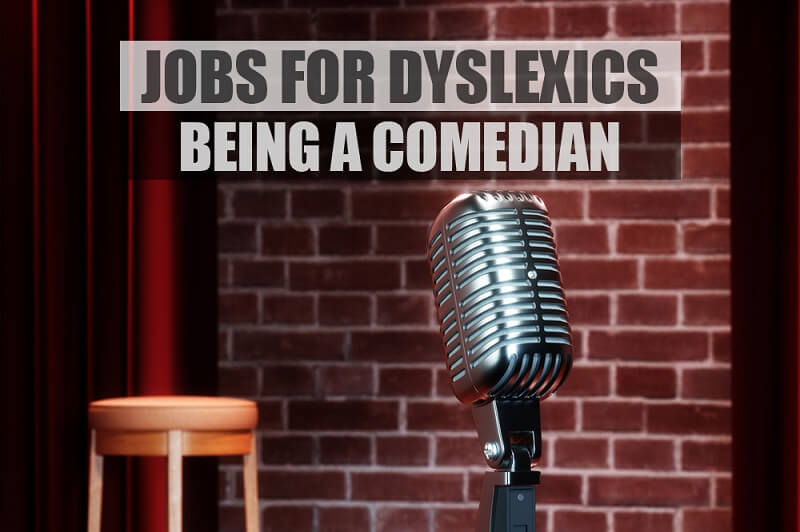
As dyslexics we are often told that there are some jobs that we are just not suited to, or that our unique challenges may make certain professions no go areas. We at The Codpast are having none of that.
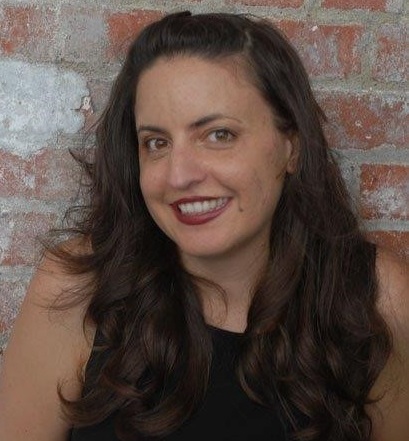
Name: Nina G
Age: If I put 34, then I can blame the lie on my dyslexia, right?
Title: Comedian, writer, professional speaker
That does your job role entail?
Being a comedian/professional speaker/writer means that any given day or night I could be at an open mic developing new material, at a comedy showcase, making contacts and marketing my business as a speaker, speaking in front of audiences big and small, and/or sitting at a computer trying to write an article or a chapter for my next book. I might also be promoting my current book, Once Upon An Accommodation: A Book About Learning Disabilities.
Do you remember your first experience with dyslexia?
I remember my first accommodation [the American system for special provision for learning disabilities in exams]. It was glorious! It was for a geography test. We had to identify different cities and landmarks on a blank map of California, where I lived. Usually, on tests like these, I would know the answers but still fail because of spelling errors. The teacher called me over to her desk. She had a blank map and asked me to point out and name the different places we had learned about. I indicated where Sacramento, San Francisco, Los Angeles and other state landmarks were. She wrote down my answers and I didn’t have to spell them correctly – which, honestly, I can’t do even today! I got an A. I thought to myself, ‘Dang! This accommodation thing might just work.’ Deep down inside me there was an intelligent person.
How did/does dyslexia affect you?
How does dyslexia NOT affect me, is the real question! I see ‘dyslexia’ as a fancy word for ‘difficulty processing language.’ This can be when someone reads, writes, or even engages in conversation. People think being dyslexic means seeing words differently, but that’s just one itty-bitty symptom that doesn’t even affect everyone with dyslexia. Some of the ways that dyslexia or language-based learning disabilities affect me include:
- Auditory processing
- Confusing certain sayings when I talk. I once said, ‘you know that Led Zeppelin song, Staircase to the Moon?’ [It’s actually ‘Stairway to Heaven’]
- Confusing words that look alike. Once I was reading a book about Gilligan’s Island when I read: “the castaways were standard on the island.” I spent a few seconds wondering how the characters could be standardized on the island. Eventually I figured it out
- Spellign [sic]. My editor made me put in that [sic].
- Writing: Writing does not come naturally to me. I can get disorganized, have inconsistent grammar, think I’m writing one thing and then write something else, have difficulty with tenses, get overwhelmed, and make what some might call ‘careless mistakes.’ Considering how much freakin’ effort I put into everything, please don’t refer to my work as careless!
I also stutter too which has nothing to do with dyslexia, although people with dyslexia and people who stutter both have differences in the left side of their brains. Lots of neurodiversity going on up here [points to head].
What did you think your job prospects would be at school/college?
I wanted to be a comedian growing up, but I never thought it was possible for someone who stuttered to do that, so I let that dream die for about 20 years or so. The dyslexia didn’t even figure in it. Then I thought I might be a third grade teacher. Third grade was my worst year ever and I wanted to make a difference for other kids, but I found that my issues with being unable to hear subtle differences between words made it difficult to teach reading and spelling.
I don’t know if I thought my Learning Difficulties would be a barrier to getting a job but I was mostly concerned about discrimination. I once sent out a bunch of resumés [CVs] saying that my disabilities would provide an important perspective to the employer in question. I barely got any calls back! I learned not to disclose my disability until I already had the job (the Americans with Disabilities Act supports this). Of course, you still need to be capable of doing the job. There is no way I’m getting a job as a copy editor and then asking for someone to help edit my writing.
So often, as people with Learning Disabilities, we spend a lot of time dwelling on our weaknesses. I think we need to spend more time focused on our strengths.
Did you ever think you would be able to work in the field that you do?
Well, as I’ve said, the stuttering deterred me from being a comedian for a while rather than the dyslexia. But I also wanted to be a writer and I never thought I would be able to do that. I’m very proud of the work I’ve done in my book and the blogs and articles that I’ve published.
How did/do you overcome the difficulties you thought you may face in this field?
I budget for editors and transcribers. I usually run my work through a screen reader to hear how it sounds. After that, the final draft goes to my editor.
I also use a ton of assistive technology! Speech-to-text software. Digital books that read themselves out loud on my phone or tablet. Spellcheck is also a godsend, but it doesn’t catch everything!
Do you think this is a role that is suitable for dyslexics and what do you think a dyslexic way of thinking brings to the role?
Dyslexia has so much diversity in how it’s expressed. I have a bit more to deal with than someone whose dyslexia only impacts spelling. That said, I don’t think there is any job that a dyslexic person can’t do if they have the talent and passion. Our points of view are unique and need to be fostered. The only real barrier I see is the expectations of others and how we internalize them. We need to know that those who don’t believe in us are ‘haters.’ They might be teachers, family members, even people we call friends. We don’t have to accept their negative message and we certainly don’t have to embody it!
What do you think someone with dyslexia would find difficult about your work?
As a comedian, it takes me longer to write material because I have a difficult time getting my jokes committed to long-term memory. I have to spend more time practicing at open mics than other comedians who I am just as experienced as, but that’s okay. Like most things in my life, I need to work a little harder than most people, but in the end, since it is something I love, it’s well worth it.
As for writing… well, I think most people with dyslexia are already familiar with those challenges.
If you like this post subscribe to this blog, join our newsletter or follow us on Facebook or Twitter to keep up to date with new content. You might also like our podcasts.
The Codpast is a multimedia production from www.extraordinaire.tv



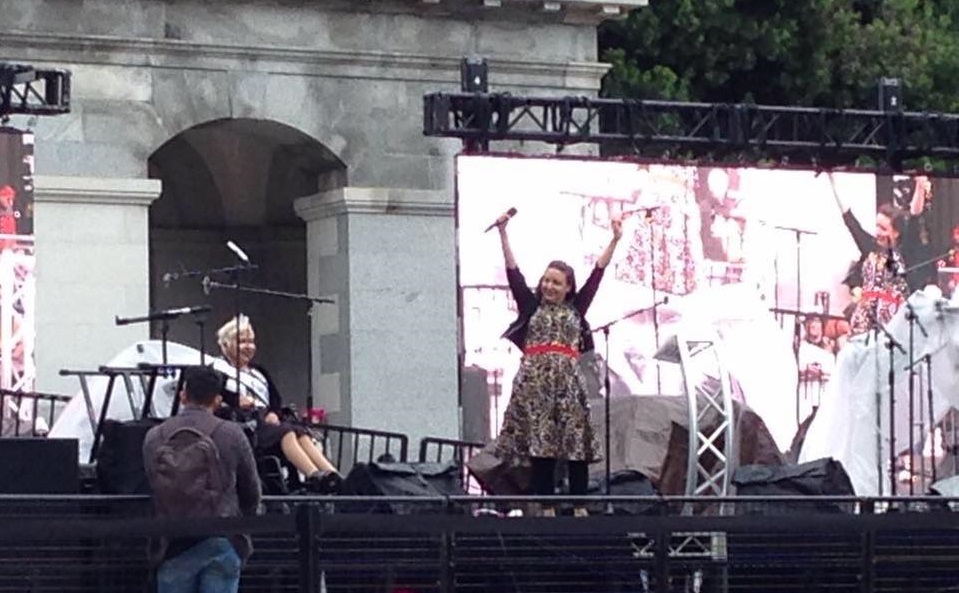
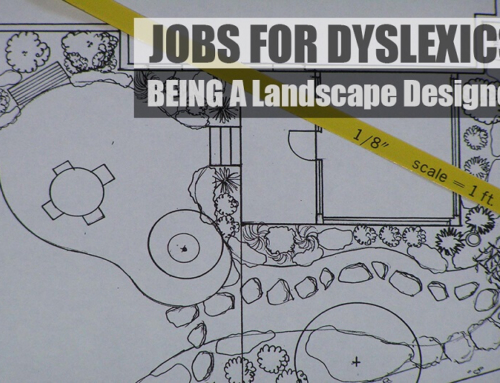
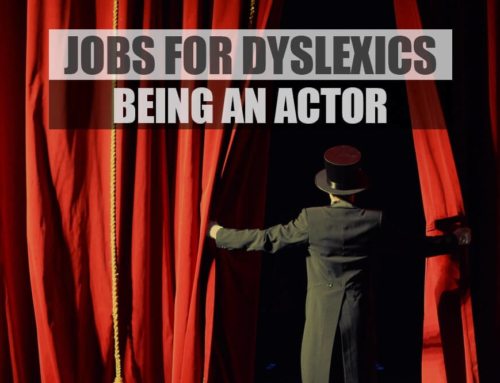

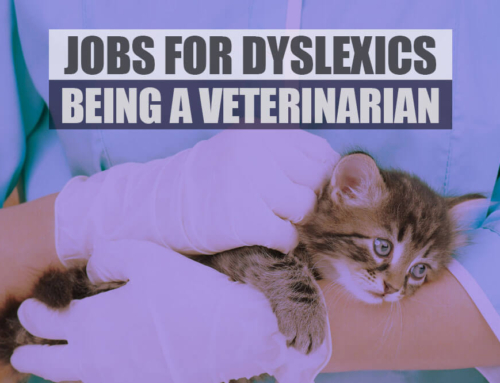
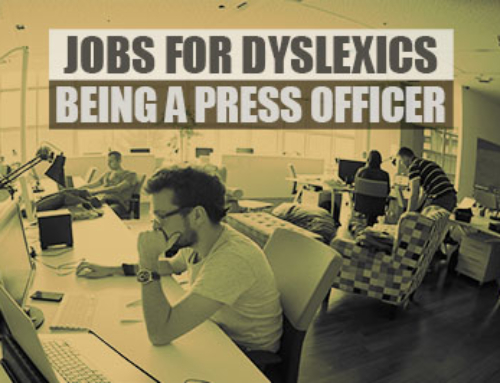

Leave A Comment